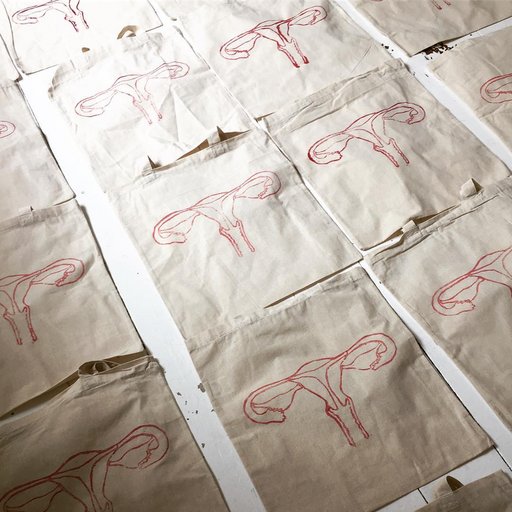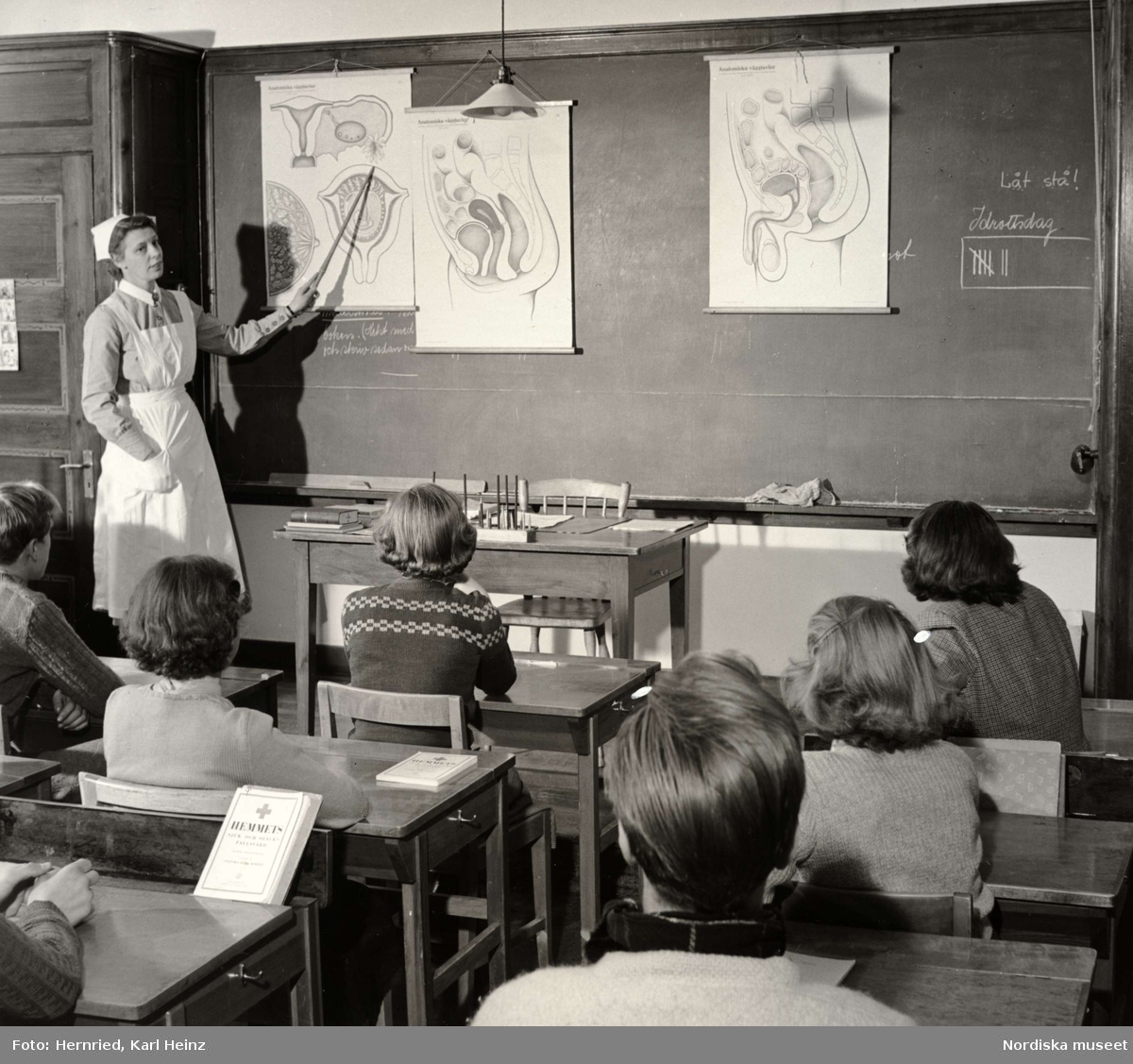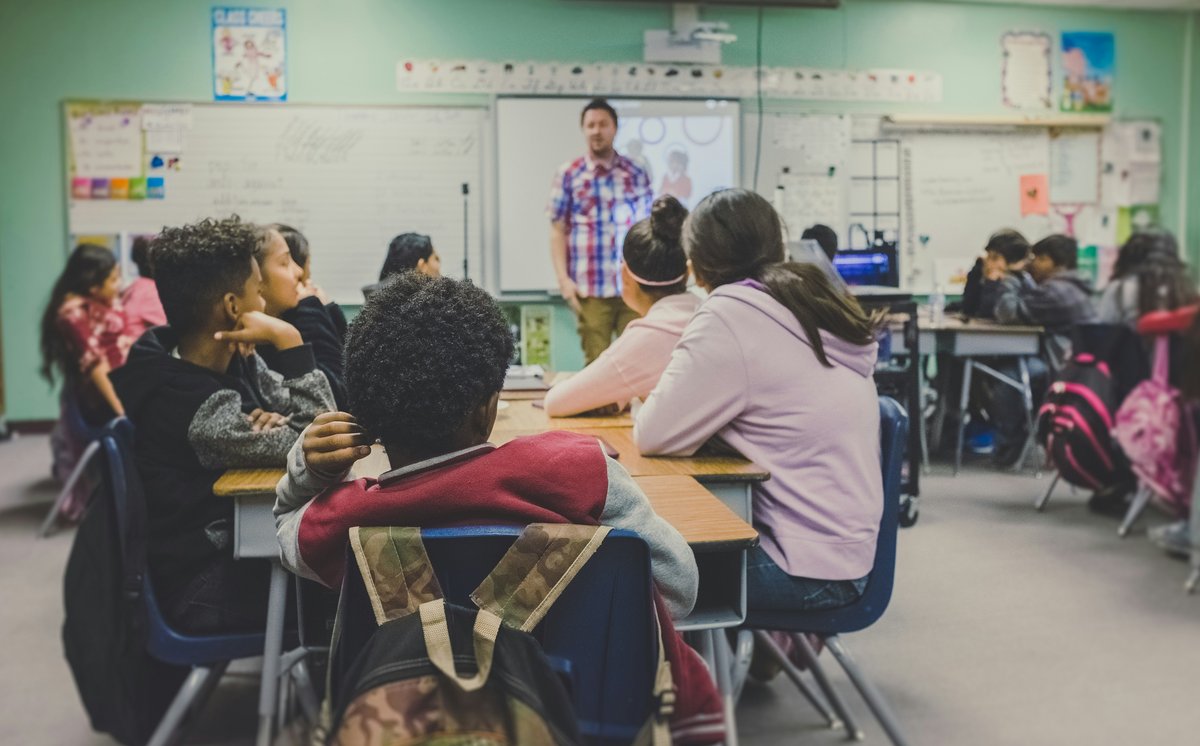Sexual dannelse / Sexual bildung and Sex education in Denmark and Sweden
Sexual understanding in different contexts is an integral part of a person’s formation and education.

Summary: The term ‘dannelse’ is often translated into English as ‘formation’, but it also refers to personal and educational growth similar to the German ‘bildung’. Sexual ‘dannelse’, in its simplest sense, refers to personal and educational growth concerning sex, gender, body, health, identity, biological functions, boundaries etc. It can also implicitly refer to contemporary sexual mores as well as critiques of them, and other sexual and gender norms within philosophy, literature, as well as the media and so on.
The term seksuel dannelse in Danish is quite tricky to translate. It could be described as a type of sex education which goes beyond traditional forms of sex education, and which takes ideas about dannelse into account. It is a process of becoming a sexual being as part of forming oneself as an individual. Generally, it is understood within the wider context of liberal education, or the German bildung (which is more commonly used in English), specifically focusing on the sexual aspects of this ongoing process. Sexual dannelse covers a wide range of topics where sex, gender, body, health, identity, biological functions, boundaries, and consent are the more obvious ones. Topics such as interpersonal relations, communication, norms and norm critical practices, feminism, activism and pop culture also take up a big part of the field. This broad approach allows for contextualising concrete, everyday themes within a wider context of history, culture and the political landscape.
The Danish definition of ‘dannelse’ is: “general knowledge of especially cultural areas such as art, language, literature, music and history; associated with advanced spiritual development, cultured behavior and way of life obtained as a result of good education and upbringing.” It is often translated into English as ‘formation’ due to the verb ‘to form’ (at danne). Different variations of ‘dannelse’ and ‘at danne’ can be found in Norwegian and Swedish as well.
Sexual dannelse in a Danish context
The concept of sexual dannelse presumably appeared for the first time in a Danish context in an article in Jyllands-Posten in 2016, written by the then general secretary of the Danish family planning association Sex og Samfund (Sex and Society), Bjarne Christensen. He called for better sex education in Danish gymnasiums (high schools), in order to foster the students’ sexual dannelse. This makes it a rather young concept, with no agreed-upon definition. Yet Christensen tied sexual dannelse to two other areas which can help us understand the term:
- the concept of general self-formation, which is rooted in the Danish folk high school movement; and,
- the idea that sex education is a public responsibility to be dealt with by Danish schools and gymnasiums, and ultimately organised on a political level.
Mette Øyås Madsen has since been a driving force behind developing and promoting sexual dannelse both as a concept and as a folk high school practitioner. Madsen understands the concept as part of our general education and as a process that lasts throughout life. At a seminar about sexual dannelse hosted by the Danish Folk High Schools Association (Folkehøjskolernes Forening, FFD) on 7th of March 2022, she talked about:
“acquiring knowledge, language and ways of acting within the areas of gender, body and sexuality for the benefit of oneself and others" by "becoming a free (being who you are) and empowered (taking responsibility for yourself and others) individual in sexual encounters with others [and being] able to make choices for the benefit of yourself and others.” (author’s translation).
Folk high schools are places where young people in the age group 18-30 years old live, study and party together for a semester at a time, and they increasingly have seen the need to develop not just a common language but also common rules on how young people interact with each other on an intimate level, and what to do when transgressions happen. Having very free and broad frameworks as for how and what to teach, the folk high schools can be seen as a sort of microcosm where both the ideological framework and ideas about democratic self-formation have functioned as a good foundation for fostering sexual dannelse and developing it as a concept along the way. Thus, in Denmark, the concept of sexual dannelse initially and - at least so far - has mainly been developed within the Danish folk high school movement.
Sexual dannelse in Sweden
Sexual dannelse has been in focus throughout the history of Swedish sex education. Paradoxically, however, no one has launched the concept of sexual dannelse in Sweden - even though it is a country that has had a strong tradition in precisely this area; and also is closely linked to Denmark and the other Nordic countries in many other respects.
Throughout the 20th century, issues related to dannelse have recurred in the debate on sex education in Sweden. Young people's sexuality and need for knowledge, their own influence on the design of sex education, and the balance between risks and a more sex-positive content have been raised at several levels of society. During the latter part of the 20th century and the first decades of the 21st century, issues of LGBTI+, inclusion and norm awareness became even more present in the debate on sex education in Sweden.
Sex education in schools in Sweden
The issue of sex education for young people in Sweden has deep roots. Already at the turn of the 20th century teaching in reproductive health was introduced in girls' schools. Progressive female teachers and doctors propagated girls' and young women's right to knowledge about their bodies. Sex education was also debated early on in the Swedish Parliament, and many believed that teaching about issues related to sexuality could empower individuals and thus contribute to a better society in the longer term.
Sweden introduced sexual education in public schools (folkskolan) much earlier than Denmark, already in 1942. In addition to that, Sweden also had a strong movement for sexual education outside of school: for adults and young adults. Contrary to what one might think, sex education in Swedish schools has always been intended to revolve around issues of ethics and relationships. The intention was never to focus only on biology and reproduction. From the time it was introduced in primary schools in the 1940s and onwards, those who wrote guidelines and the supervisors have been keen to have a broad and inclusive view of what should be included.
Given this background, Sweden has a long history of state-regulated sex education, guidelines, handbooks and state-controlled textbooks on the subject. Despite this, several studies in recent years have shown that teachers find it difficult to teach the subject and that they are ill-equipped, and also that students feel they receive too little teaching in sex education. This has led to changes in the Swedish curriculum, and the knowledge area is now called 'Sexuality, consent and relationships'. The new wording states that schools should focus on consent, but topics such as honorary oppression and pornography are also mentioned in the curriculum. Critics have argued that this focus gives the area a greater focus on risks and abuse, and that a more positive sex education risks being overlooked. Another recent reform in Sweden is that sex education has become a compulsory element in all teacher training courses, having previously only been available to primary school teachers.

Sex education in schools in Denmark
Although sex education has been compulsory in Danish schools for children between 6-15 years of age (folkeskolen) since 1970, the education system has offered no real training for teachers on how to handle teaching the subject. According to Sex & Samfund, materials for teaching sex education are not systematised nor easily accessible. There are also no criteria for the design, quality, or level of materials, and accessing qualified material for teaching is thus hard work. This has led to varying quality in the teaching of sex education in the Danish schools (if taught at all), which has left the younger generations in Denmark without a common culture, basic knowledge and vocabulary around sex, body, and gender.

In April 2021, the Danish government allocated 15 million Danish crowns to strengthen sex education in Danish schools to be dispersed in the following two years on the grounds that "the teaching of health and sexuality education and family education plays an important role in the general formation (or ‘dannelse’) of the students". As of 2023, sex education is also mandatory in Danish gymnasiums and the parliament gifted 2 million Danish crowns to support the initiative. These strong political signals were arguably a long time coming, and came on the back of increasing awareness and demand for sexual education across both school and gymnasium levels. In 2022, prior to the change in legislation, Danish high school students demonstrated against the lack of sex education in secondary educational programmes. How Danes talk and act publicly with and towards each other when it comes to sex, intimate relationships, gender and our bodies has increasingly become better-informed and normalised – and is moving from the private sphere into the public and social spheres. For instance, the Danish public has witnessed two waves of the #MeToo movement and, in 2020, the definition of rape changed from being rape if there had been violence or violent threats involved, to having sex without consent being defined as rape.
Why is sexual dannelse important?
There is a demand from young people of different ages and their teachers to have a focus on sex education – and not only in the traditional sense, but in a way that takes dannelse into account, that is, a process of becoming a sexual being as part of forming oneself as an individual. Importantly, this is not just a process which applies to young people, but one that is important to continue throughout life.
Renegotiations of gender norms have been increasingly prevalent since the late 1970s, where philosophical queer voices such as Michel Foucault and later, Judith Butler in the 1990s, developed a new poststructuralist understanding of gender, identity and sexuality as performative, discursive and fluid. These new ways of understanding gender confronted the essentialist perception of gender, where gender is understood as static and unchanging, and biological sex and social sex (gender) are seen as matching categories. Instead, they opened for a much more nuanced and complex understanding of gender, where biological sex, gender identity and gender display/expression do not necessarily align, and where the classic binary gender roles are challenged by new ways of doing gender. Within the fields of didactics and pedagogy this shift in our understanding of gender has manifested itself through a more norm-critical approach, which has begun to influence how gender and sex education is taught across the different levels of education in Denmark and Sweden, as well as elsewhere.
Sexual dannelse and sex education in general provides an opportunity to understand both yourself and your relationships with other people better. From a broader perspective, it is also a way of gaining understanding of what norms society and culture are structured around, helping people to critically examine them and change both personal behaviour (e.g., normalising asking for consent) and national laws (e.g., how we ought to understand sexual assault) to be more respectful, inclusive, and humane.
Putting a spotlight on education can help illuminate wider issues in society.
This article is published in response to readers' interest in Scandinavian terminology, pedagogy and gender issues.
Further reading:
- Judith Butler, Gender Trouble: Feminism and the Subversion of Identity (New York: Routledge, 2006).
- Kira Skovbo Moser, Køn utopi! En retorisk undersøgelse af det feministiske kønsmanifest som drivkraft for sexual dannelse på de danske højskoler [Gender-Pretty utopia! A rhetorical study of the feminist gender manifesto as a driving force for sexual education at Danish folk high schools] (Aarhus University, 2022).
- Line Anne Roien, Venka Simovska og Christian Graugaard (eds.), Seksualitet, skole og samfund [Sexuality, school, and society] (Hans Reitzels Forlag, 2018)
- Mette Øyås Madsen, Seksuel Dannelse – Inspiration fra en højskolepraktiker [Sexual Education - Inspiration from a folk high school practitioner] (Højskolerne, 2023).
- Steen Baggøe Nielsen, Gitte Riis Hansen, and Anette Erlandson Petersen (eds.), Køn, seksualitet og mangfoldighed [Gender, sexuality and diversity] (Samfundslitteratur, 2020).
Links:
- About the Danish folk high schools
- How to teach sex education (from Sex & Society)

